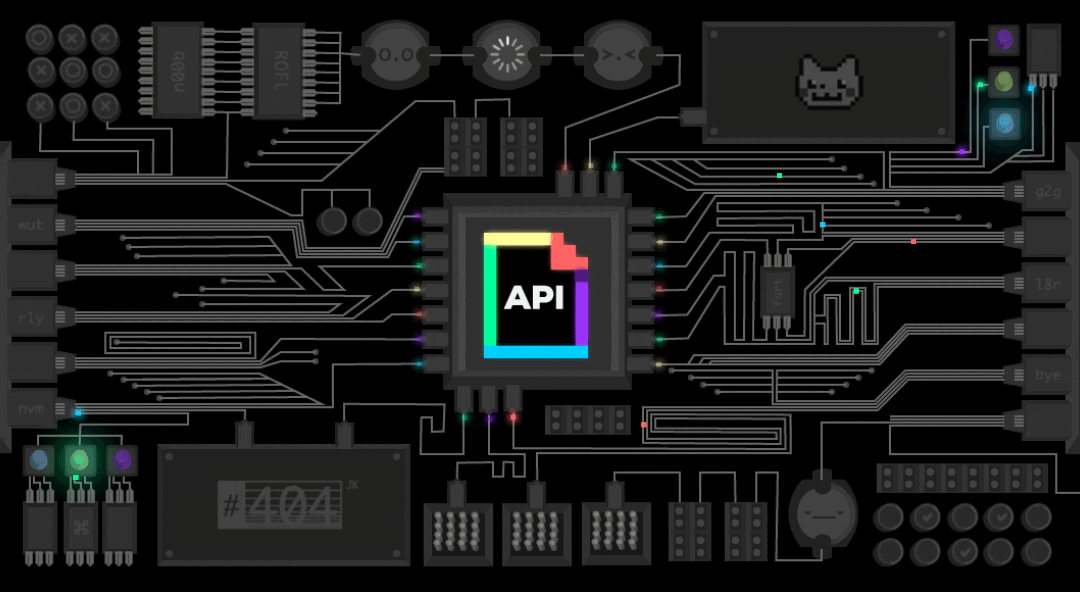1. Caching : You store expensive computations so that you don't have to repeat the calculations. If you have an endpoint which is frequently accessed, so request params, you can avoid repeated database hits by caching the response in redis or memcache.
from flask_caching import Cache
@app.route('/data')
@cache.cached(timeout=60) # Cache the result for 60 seconds
def get_data():
# Expensive operation or database query to retrieve data
data = retrieve_data_from_database()
return data
2. Connection Pool : Instead of Creating new connection for each request made to the server,
3. Avoid N+1 Query pattern
:
4. Pagination : Break Response into smaller manageable pages using limit or offset paramater. This will reduce the weight on client side.
5. JSON Serialization
: Speed of Serialization while returning a JSON can make a huge difference in your API performance. Less the time required to convert data into JSON format.
6. Compression : By enabling compression on large API payload, we can reduce the amount of data transfer over the network. The client then decompresses the data. Efficient algorithms like Brotli can help to achieve this. Also CDNs like cloudflare can handle compression for you.
7. Asynchronous logging : In many Apps, the time taken to write logs is negligible. However in high throughput systems, where every milliseconds counts, the time taken to write logs can add up. Using Async Logging, we can reduce the time of writes. However if the application crashes during the time of writes, you might lose some amount of data.
I hope this small tutorial was helpful to you. Please feel free to share your ideas and comments on this article. Your comments not only help us engage with you but also improve our quality standards. We strongly believe in setting the benchmarks. Thank you for your time. 😉






